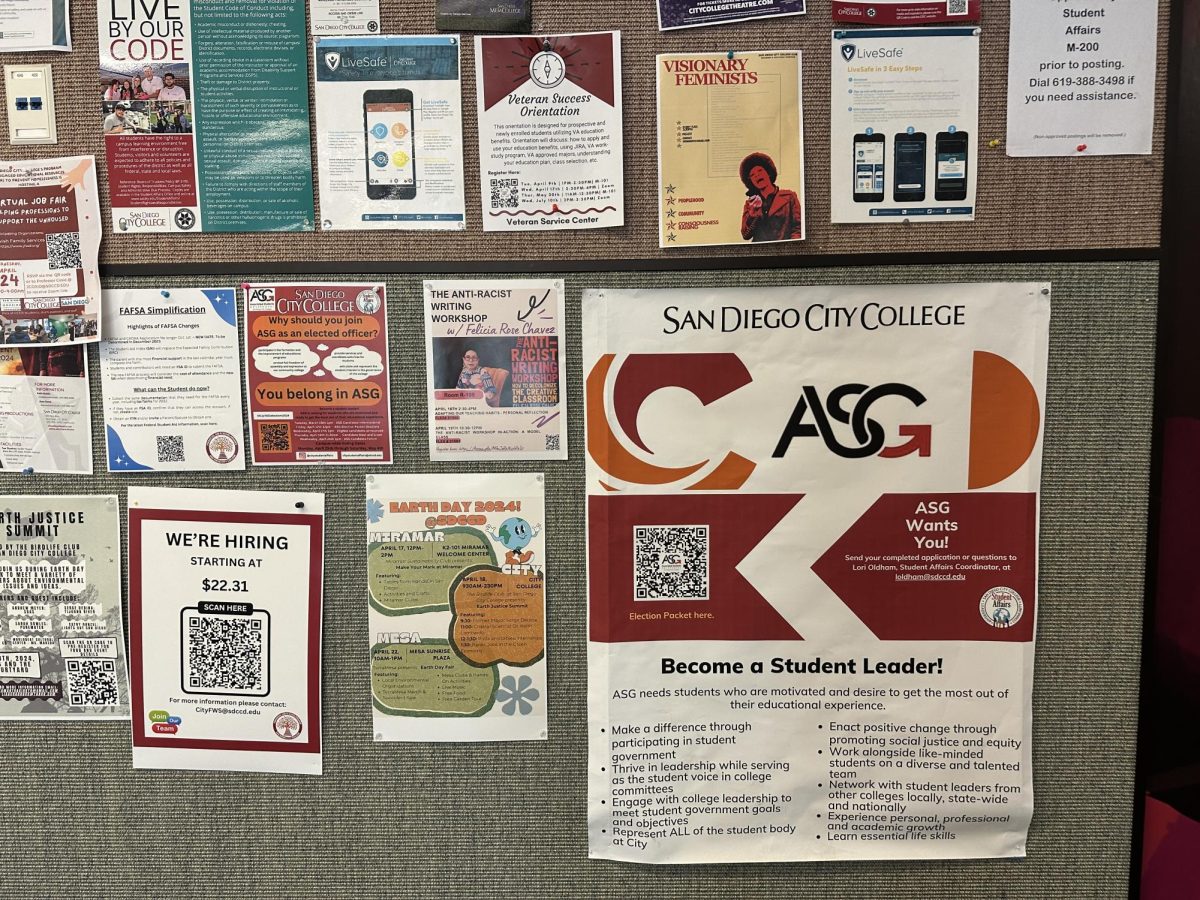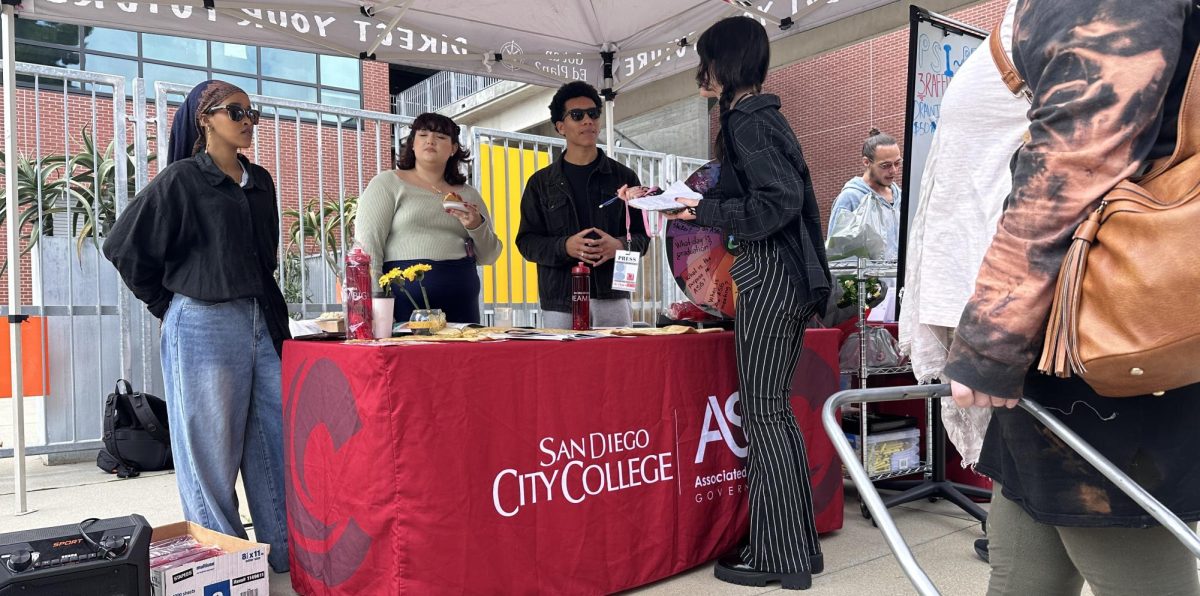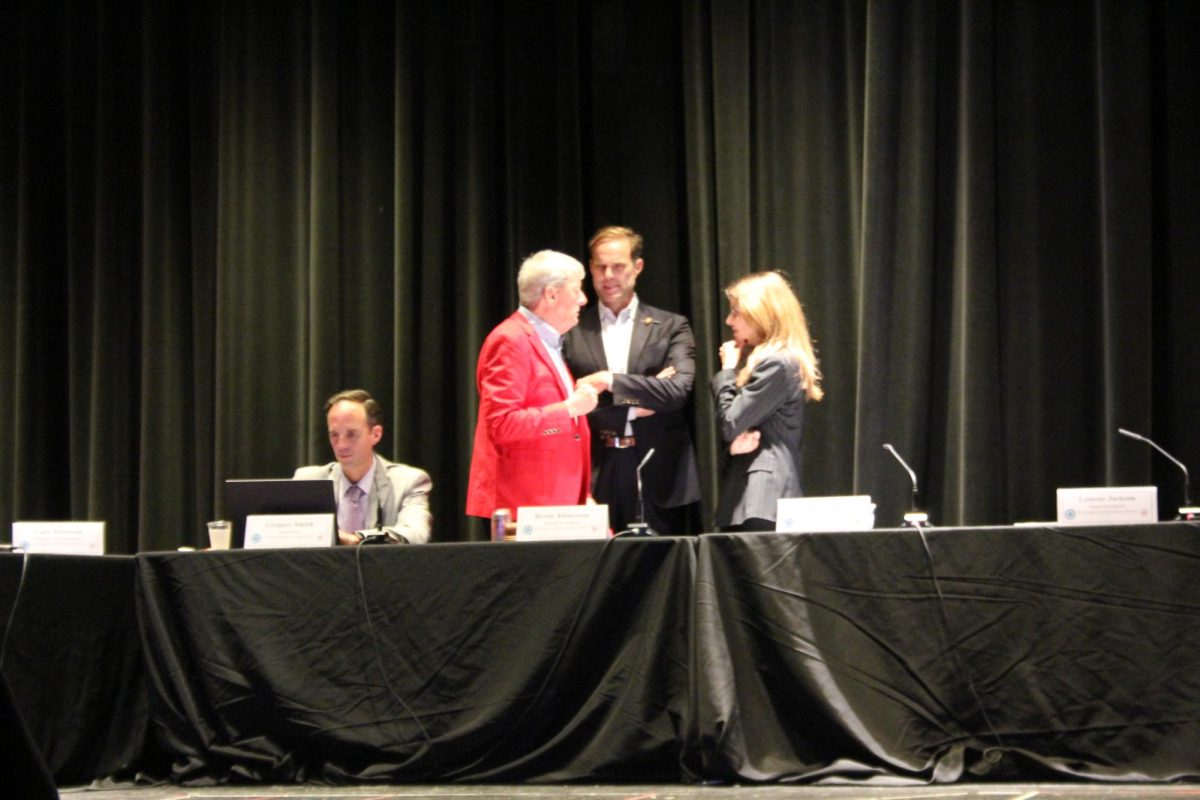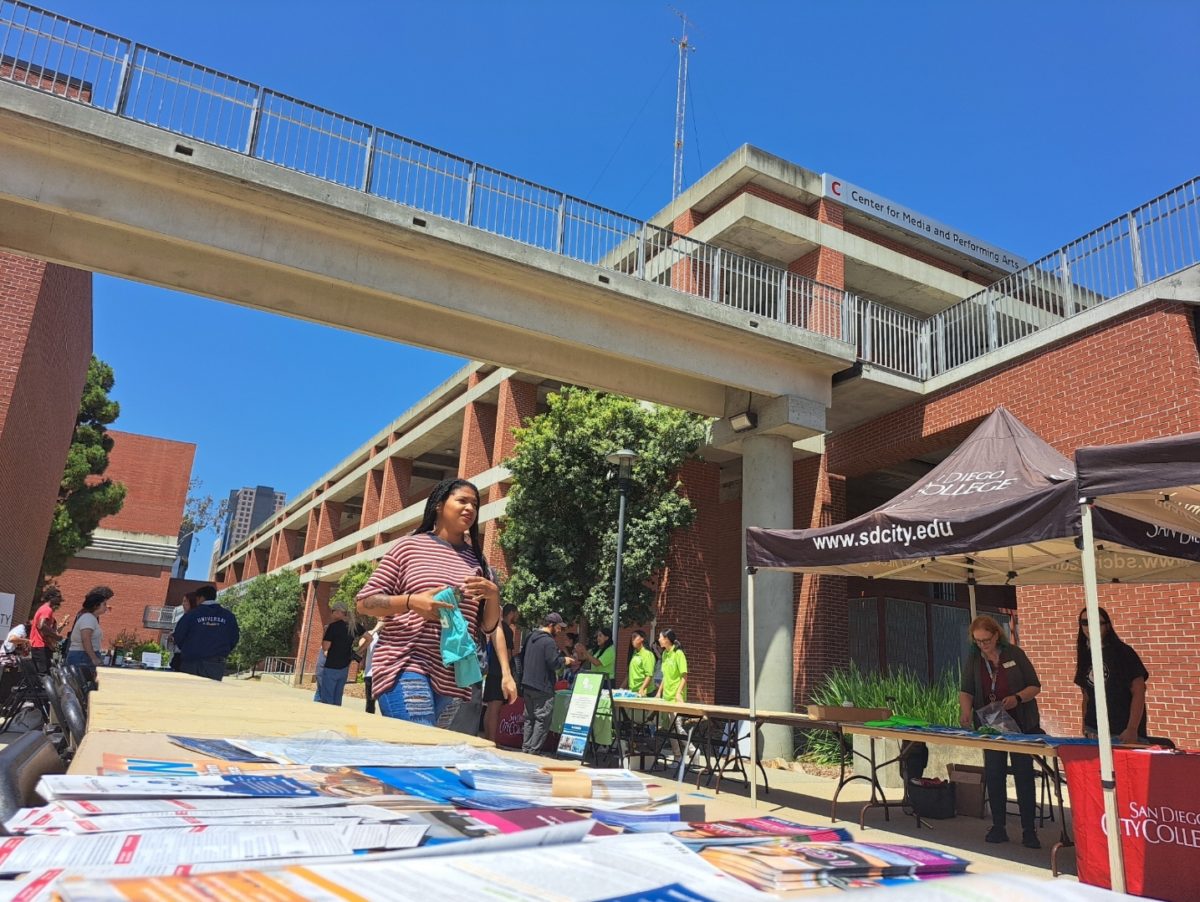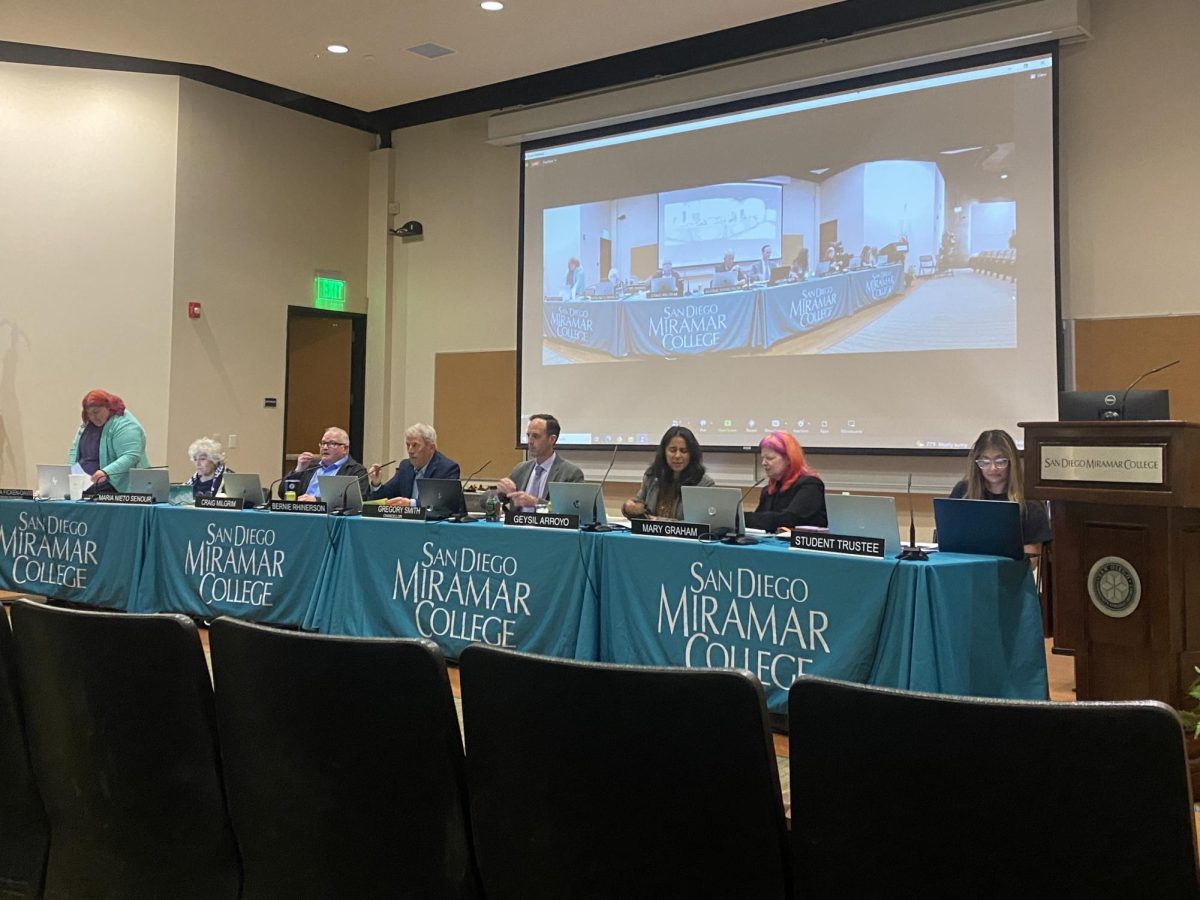How many know about the state budget crisis?
OK, dumb question. But how many know about California’s Special Election happening on May 19? And that the budget for community colleges will be affected by the outcome of the election? Most importantly, who plans on voting?
There are six propositions on the ballot, five of which relate to the state’s budget.
According to a message sent out by San Diego City Community College District (SDCCD) Chancellor Constance M. Carroll, “Proposition 1B has the most direct relevance to the SDCCD since it would provide increased funding for community colleges… Assuming that community colleges would receive 11% of the $9.3 billion repayment, this would yield a little over $1 billion to California community colleges and $36.2 million for the SDCCD.”
Chancellor Carroll went on to state that Proposition 1B differs from the other measures in that it would be a source of new additional funding to replace what has been lost.
The Voter Information Guide summarized that Proposition 1B would require the state to make supplemental payments to local school districts and community colleges to address the recent budget cuts. Payments would come from the state’s Budget Stabilization Fund.
But in order for 1B to be carried out, Proposition 1A must also pass.
1A is known as the “rainy day” fund increase. The increase would be from the current five percent to a proposed 12.5 percent of the general fund, and the proposition would enable the state to pay $9.3 million to schools and community colleges over a six-year period, which some feel is already owed to the schools.
However, critics argue that 1A would limit spending, and the initial tax hike will be increased from one year to two years to handle the $16 billion in taxes.
“These propositions [1A, 1C, 1D and 1E] will not provide additional money if they pass,” states Chancellor Carroll, “but will cause losses if they fail.”
Following a recent Field Poll result, it appears that the only proposition that the majority of California residents were in agreement with was Proposition 1F, the initiative that would prevent pay increases for elected officials during budget deficit years.
The current economic downturn has influenced an increase in enrollment at community colleges. The increase of students would normally bring in more money to the school. But with budget cuts limiting available slots, schools are forced to turn away students or place them on waiting lists for classes.
It was reported that the Full-Time Equivalent Students (FTES) growth authorized for SDCCD began at 2.21 percent before rising to 2.26 percent, which estimated $4.8 million in income for the district. This growth authorization has been reduced now to 1.34 percent, affecting enrollment management as community colleges will most likely deal with an over-capped and unfunded FTES.
SDCCD awaits two significant decisions; the Governor’s May Revise budget and the outcome of the Special Election. Until then, the district will have to continue its juggling act with hands tied behind its back.

